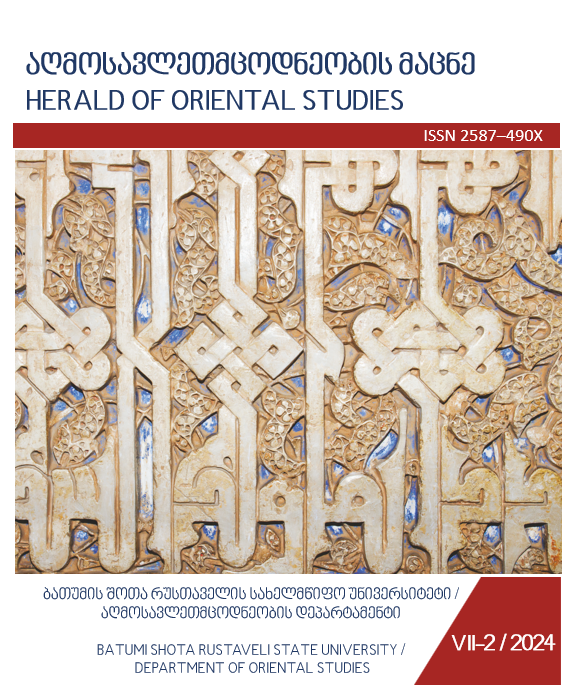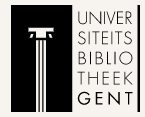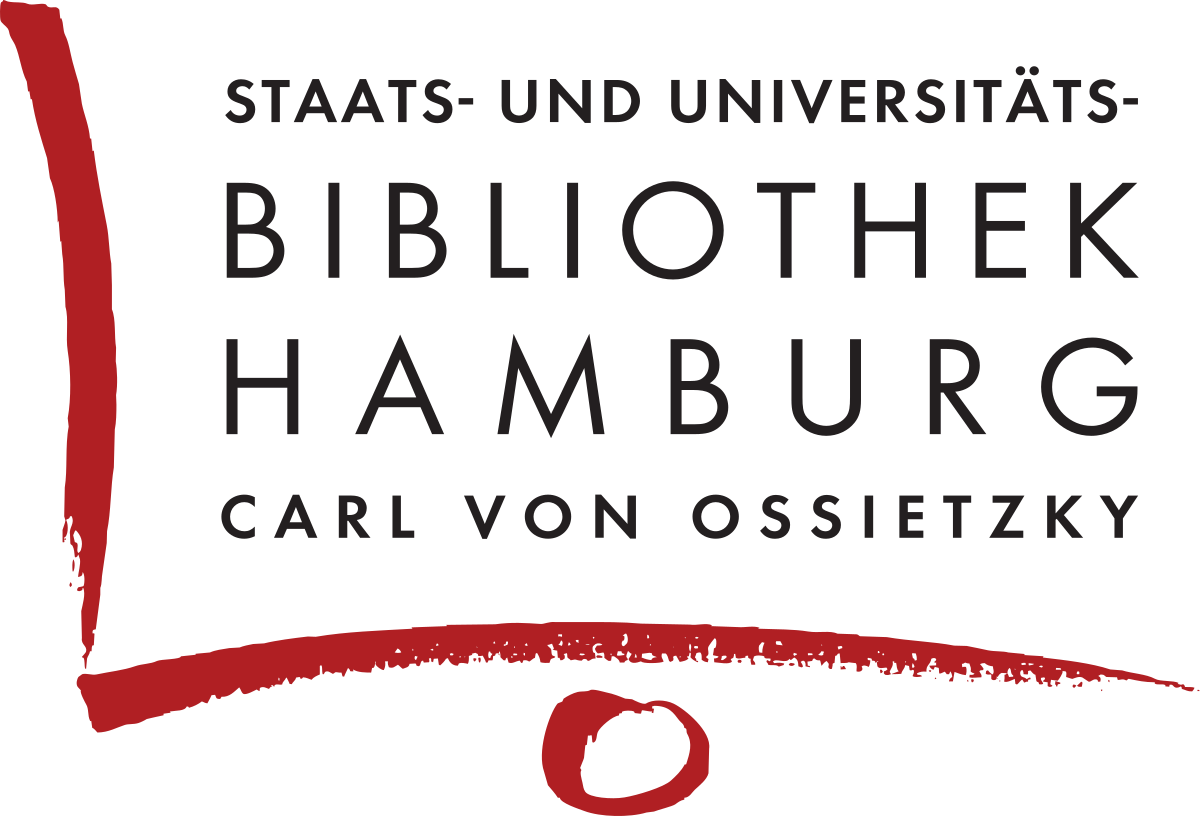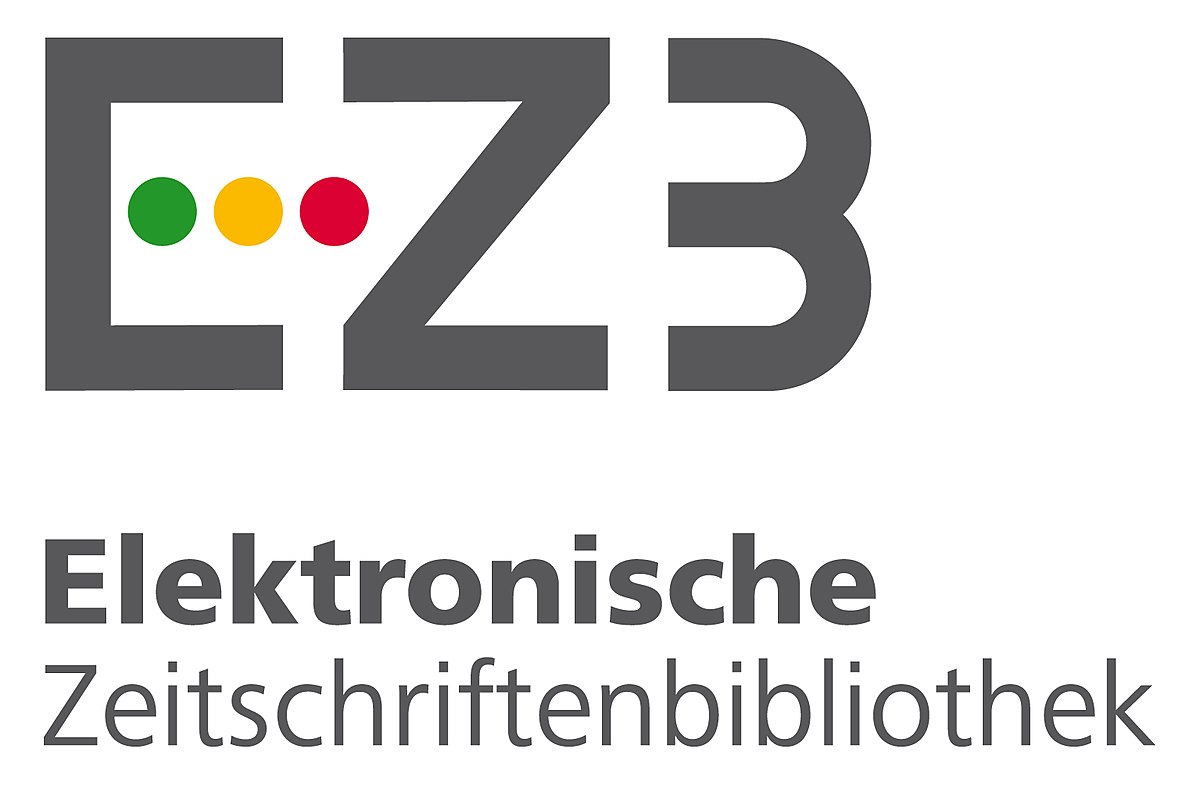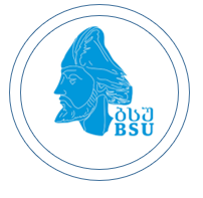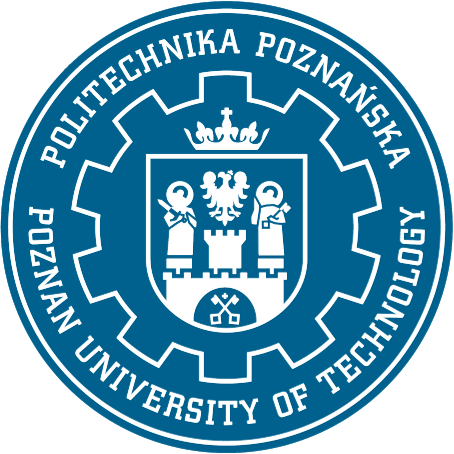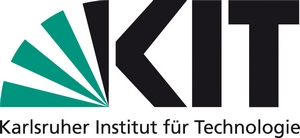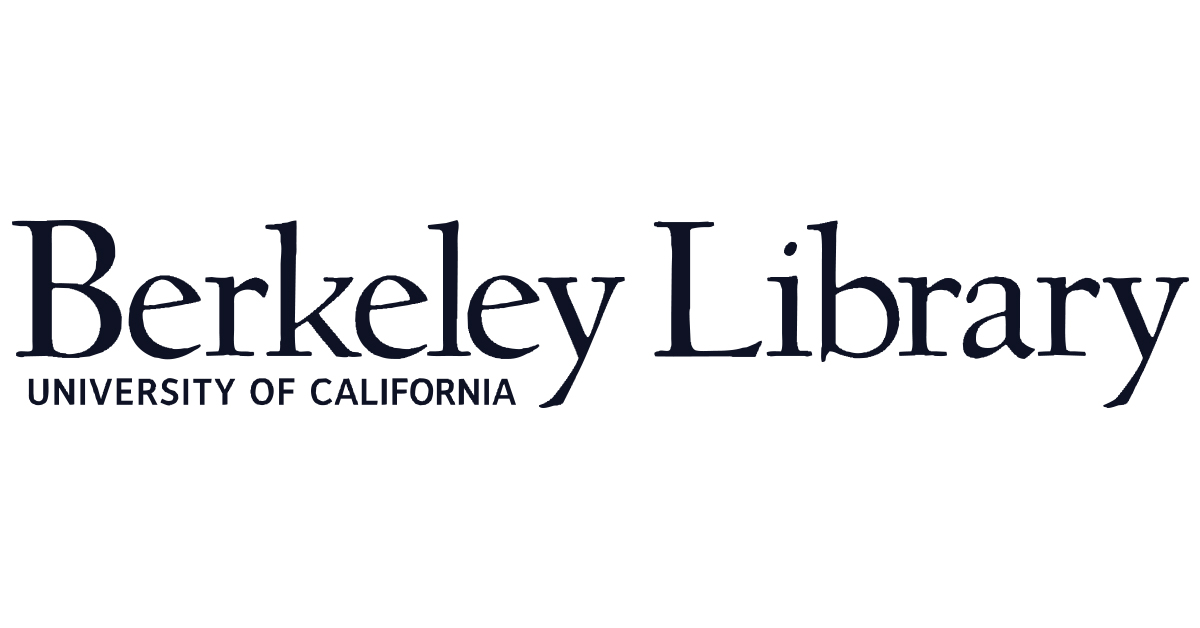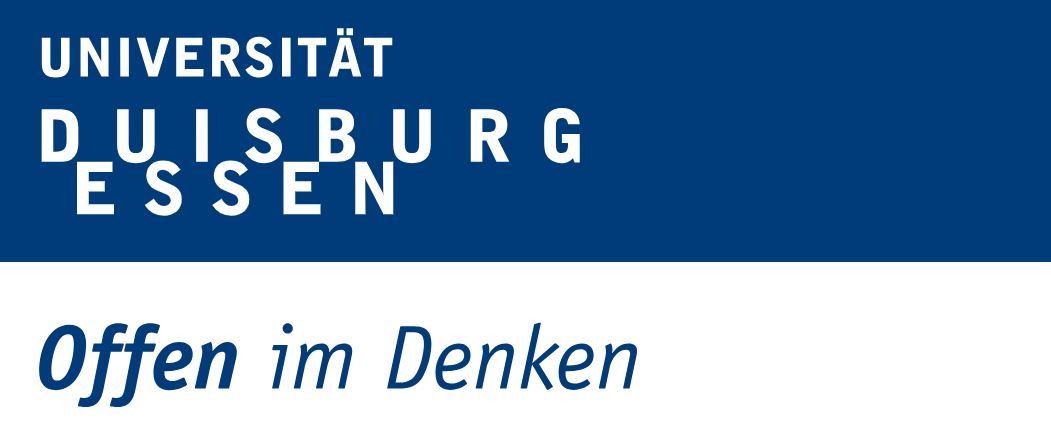კულტურული ფონის როლი ენის შესწავლის პროცესში
DOI:
https://doi.org/10.61671/hos.7.2024.8298საკვანძო სიტყვები:
უცხო ენის შესწავლა, კულტურული ფონი, ლინგვოკულტუროლოგიური ლექსიკონი, ერთაშორისი კომუნიკაციების ხელისშემშლელი ფაქტორები, პრეცედენტული ერთეულებიანოტაცია
ენის შესწავლის პროცესის სირთულეებზე მრავალი ნაშრომი დაწერილა. ენის შესწავლა ენობრივი სტრუქტურის გარდა, შესასწავლი ენის კულტურული ფონის აღწერასაც უნდა ემსახურებოდეს, ერთაშორისი ჯანსაღი კომუნიკაცია ენის ლინგვისტური სირთულეების გარდალახვასთან ერთად, ენის კულტურული კუთხიდან აღქმა-შესწავლასთანაც ასოცირდება, რაც შემსწავლელის მხრიდან განსაზღვრული ენობრივი კოლექტივისთვის დამახასიათებელი სტერეოტიპებისა და სამყაროს მათეული ხედვის აღქმას განაპირობებს.
ჩემი ინტერესის სფეროს ენისადმი ლინგვისტური მიდგომის პარალელურად, შემსწავლელის მიერ შესასწავლი ენის კულტურული ფონის შესახებ ინფორმაციულობის გამოვლენა, ენისადმი კონცეპტუალური მიდგომის საკითხში საჭირო რეკომენდაციების შემუშავებაზე მსჯელობა წარმოადგენს.
კვლევამ, რომელშიც მონაწილეობა ოცდაორმა თურქული ენის შემსწავლელმა ქართველმა მიიღო, ნათელი მოჰფინა შესასწავლი (თურქული ენის) კულტურული სამყაროს შესახებ შემსწავლელთა ინფორმაციულობას, მოგვცა არსებული სურათის განხილვისა და ნაკლოვანებების აღმოფხვრის მიზნით რეკომენდაციების შემუშავების აუცილებლობაზე მსჯელობის საშუალება.
ანკეტური კვლევის შედეგმა შემდეგი სურათი გვიჩვენა: ქართველ ენის შემსწავლელთა ინფორმაციულობა მხოლოდ და მხოლოდ იმ თანამედროვე გმირებითა და მოვლენებით შემოიფარგლება, რომლის უზრუნველყოფასაც ვიზუალური სანახაობები: საინფორმაციო არხები, ვიდეო რგოლები, ინტერნეტწყაროები ახორციელებს. კულტურულ სიღრმეებს კი, რომელიც ენობრივი კოლექტივის ეროვნულ სულს, ლიტერატურულ ტრადიციებს, სტერეოტიპული წარმოდგენების შედეგად პრეცედენტად ქცეულ პირებსა თუ მოვლენებს წარმოადგენს, სამწუხაროდ ქართველი ენის შემსწავლელი არ იცნობს.
ჩემი რეკომენდაციებიც ენის შესწავლის პროცესში არსებული ამ ხარვეზის აღმოფხვრას ემსახურება: ენის შესწავლისას აუცილებელია კულტურული ელემენტების პროცესში ჩართულობის უზრუნველყოფა: ენის სწავლის პროცესში დონესთან ადაპტირებულად ენობრივი კოლექტივის კულტურის ამსახველი ლიტერატურის მიწოდება; სასურველია ლინგვოკულტუროლოგიური ლექსიკონის შემუშავება, რომელიც ერის კულტურის ასახვის საფუძველზე ენის შემსწავლელზე შესასწავლი ენის სულიერი სამყაროს შესახებ ინფორმაციის მიწოდებასა და შედეგად, ერთაშორის ჯანსაღ კომუნიკაციას განაპირობებს.

